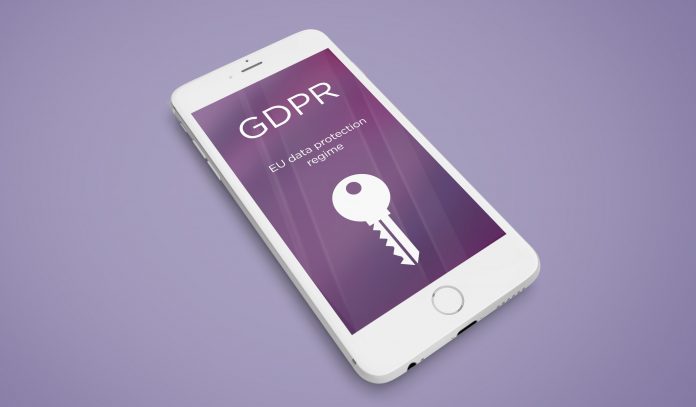B2C, which stands for “Business-to-Consumer,” refers to the relationship between a business and individual consumers. It typically involves companies that provide products or services directly to end-users or customers. On the other hand, GDPR stands for the General Data Protection Regulation, a comprehensive data protection law implemented in the European Union (EU) in 2018.
The GDPR has a significant impact on B2C businesses that handle the personal data of EU residents. It aims to enhance the protection of individual’s personal data and gives them greater control over how their data is collected, processed, and used. Here are some key points regarding the interaction between B2C and GDPR:
- Lawful Basis for Processing: B2C businesses must have a lawful basis to process personal data under the GDPR. This could include obtaining the individual’s consent, fulfilling a contractual obligation, complying with a legal requirement, protecting vital interests, performing a task in the public interest, or pursuing legitimate interests (with appropriate safeguards).
- Consent: If a B2C business relies on consent as the lawful basis for processing personal data, it must ensure that the consent is freely given, specific, informed, and unambiguous. The GDPR sets strict requirements for obtaining valid consent, such as using clear and plain language and offering an easy way to withdraw consent.
- Individual Rights: The GDPR grants several rights to individuals, including the right to access their personal data, rectify inaccuracies, erase data (under certain circumstances), restrict processing, object to processing, and data portability. B2C businesses must have processes in place to handle these requests promptly and effectively.
- Data Security and Breach Notification: B2C businesses are required to implement appropriate security measures to protect personal data from unauthorized access, loss, or damage. In the event of a data breach that poses a risk to individuals’ rights and freedoms, the business must notify the relevant supervisory authority and, in certain cases, the affected individuals.
- Data Transfers: If a B2C business transfers personal data outside the EU to a country without an adequate level of data protection, it must ensure appropriate safeguards are in place. This may involve utilizing standard contractual clauses, binding corporate rules, or relying on specific derogations outlined in the GDPR.
- Privacy Notices and Transparency: B2C businesses must provide individuals with clear and transparent information about how their personal data is collected, used, and processed. Privacy notices should be easily accessible, written in plain language, and cover essential aspects such as the purposes of processing, data retention periods, and individuals’ rights.
It’s important for B2C businesses to understand and comply with the GDPR’s requirements to avoid potential penalties and maintain trust with their customers. However, please note that the information provided here is a general overview, and specific legal advice should be sought for compliance with the GDPR, as it can vary based on individual circumstances and interpretations of the law.


